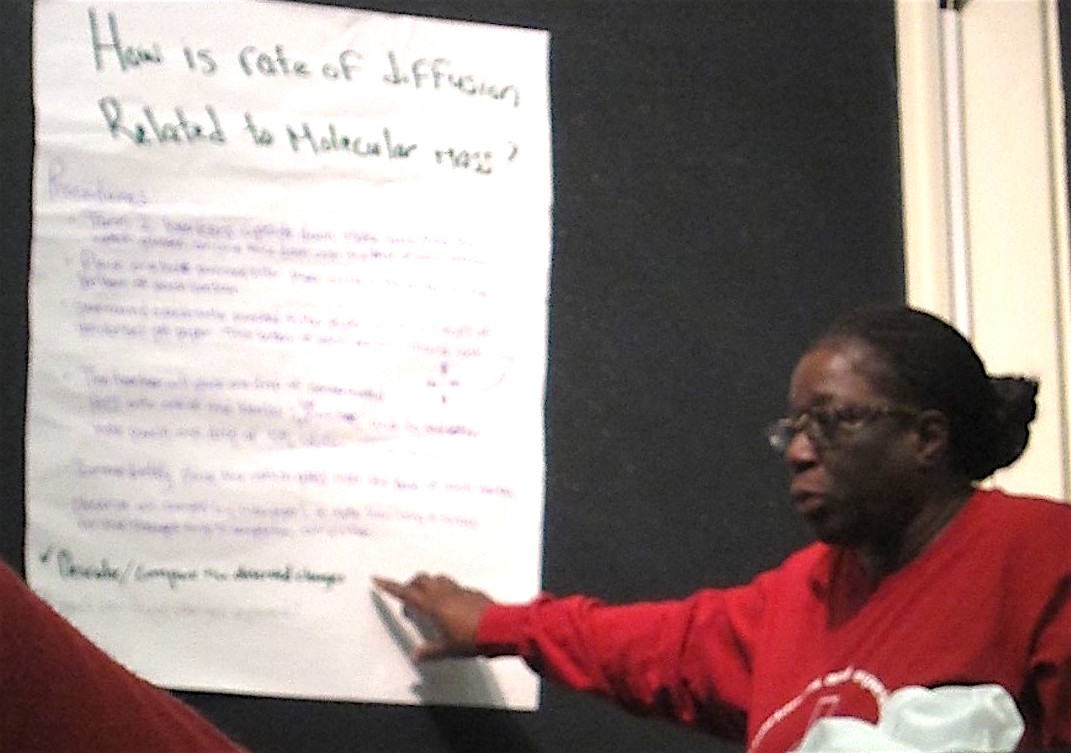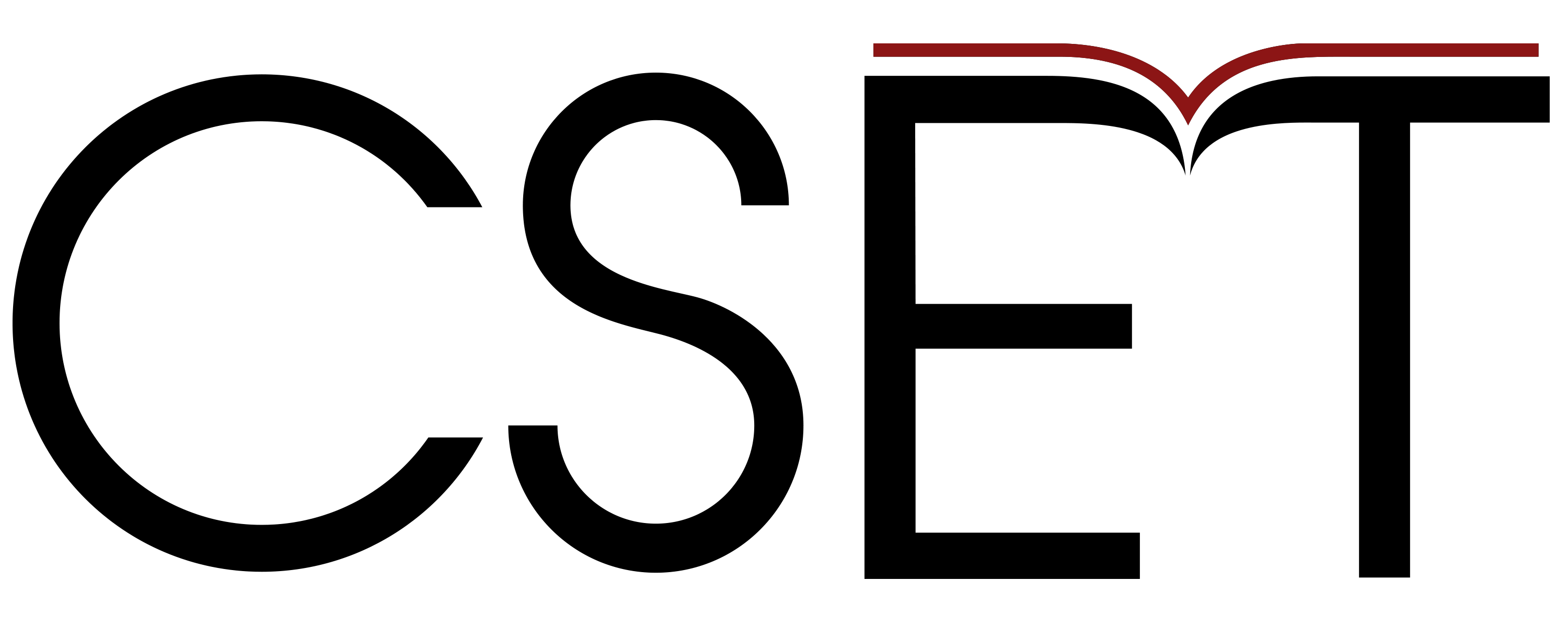ChemEx^2 | Community & Testimonials
Stanford Collaborating Faculty
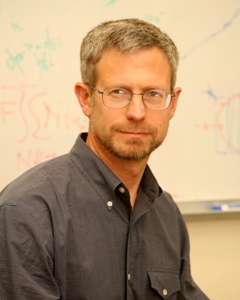 Christopher Chidsey, Ph.D. is an Associate Professor in the Department of Chemistry at Stanford University. Chidsey completed his undergraduate work in Chemistry at Dartmouth College and earned his doctoral degree from Stanford University in Physical Chemistry. In his chemical research, Chidsey has developed ways to synthesize and study complex molecular structures at the surfaces of solid materials. In his teaching, Chidsey has developed hands-on, active learning activities to help students construct robust conceptual understanding and develop critical thinking skills. Over the last decade, he has led a major revision of the introductory chemistry curriculum at Stanford incorporating best practices in active learning. He has hosted numerous teachers in the summer to join the chemical research in his lab as well as to help them develop their own teaching materials. Most recently, this has led to a pilot project, ChemEX2, with high school chemistry teachers to develop hands-on, active learning modules based on a guided inquiry model. The goal is that high school students will construct their own conceptual understanding and critical thinking skills under the guidance of teachers supported by strong and continuing professional development with their peers and with specialists in the science and education.
Christopher Chidsey, Ph.D. is an Associate Professor in the Department of Chemistry at Stanford University. Chidsey completed his undergraduate work in Chemistry at Dartmouth College and earned his doctoral degree from Stanford University in Physical Chemistry. In his chemical research, Chidsey has developed ways to synthesize and study complex molecular structures at the surfaces of solid materials. In his teaching, Chidsey has developed hands-on, active learning activities to help students construct robust conceptual understanding and develop critical thinking skills. Over the last decade, he has led a major revision of the introductory chemistry curriculum at Stanford incorporating best practices in active learning. He has hosted numerous teachers in the summer to join the chemical research in his lab as well as to help them develop their own teaching materials. Most recently, this has led to a pilot project, ChemEX2, with high school chemistry teachers to develop hands-on, active learning modules based on a guided inquiry model. The goal is that high school students will construct their own conceptual understanding and critical thinking skills under the guidance of teachers supported by strong and continuing professional development with their peers and with specialists in the science and education.
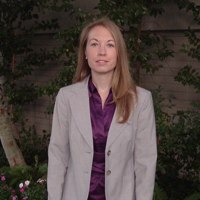 Jennifer Schwartz Poehlmann, Ph.D. is a Senior Lecturer and Introductory Course Coordinator in the Department of Chemistry at Stanford University since 2009. In addition to teaching the general chemistry sequence, Jennifer runs the department's 3-day Orientation and Teaching Assistant training and mentor program for new graduate and undergraduate TA's each fall. She has also coordinates the campus wide Mentors in Teaching (MinT) program, run through CTL with support from the Vice Provost for Graduate Education. In this role, Jennifer is also heavily involved in the development of hands-on guided inquiry small group activities that have been incorporated into the discussion sections of Chem31A/B. She then began working in collaboration with high school chemistry teachers and graduate students to bring similar experiences into local high schools by designing a set of exciting guided inquiry lab experiences that reinforce and compliment the chemistry concepts in the California State curriculum.
Jennifer Schwartz Poehlmann, Ph.D. is a Senior Lecturer and Introductory Course Coordinator in the Department of Chemistry at Stanford University since 2009. In addition to teaching the general chemistry sequence, Jennifer runs the department's 3-day Orientation and Teaching Assistant training and mentor program for new graduate and undergraduate TA's each fall. She has also coordinates the campus wide Mentors in Teaching (MinT) program, run through CTL with support from the Vice Provost for Graduate Education. In this role, Jennifer is also heavily involved in the development of hands-on guided inquiry small group activities that have been incorporated into the discussion sections of Chem31A/B. She then began working in collaboration with high school chemistry teachers and graduate students to bring similar experiences into local high schools by designing a set of exciting guided inquiry lab experiences that reinforce and compliment the chemistry concepts in the California State curriculum.
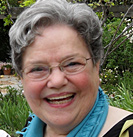
Jean Lythcott, Ph.D. is a Pedagogy Consultant for the Center to Support Excellence in Teaching. She began by teaching the sciences in middle and high schools in several countries and U.S. States. After earning her doctorate, she became a teacher educator at Teachers College at Columbia University and at Stanford Teacher Education Program. Her work has been focused on leading all learners into the joy and power of science whereby they can build knowledge and understanding of their world using the ways of science. In her work with teachers, she emphasizes the idea of inviting students to use evidence, to make arguments, to puzzle something out, so in the end of an investigation they know not only what they know but on what grounds they know it. Though currently, officially retired, Dr. Lythcott continues to work in schools and with Stanford University on various science education projects.
ChemEx2 Memories
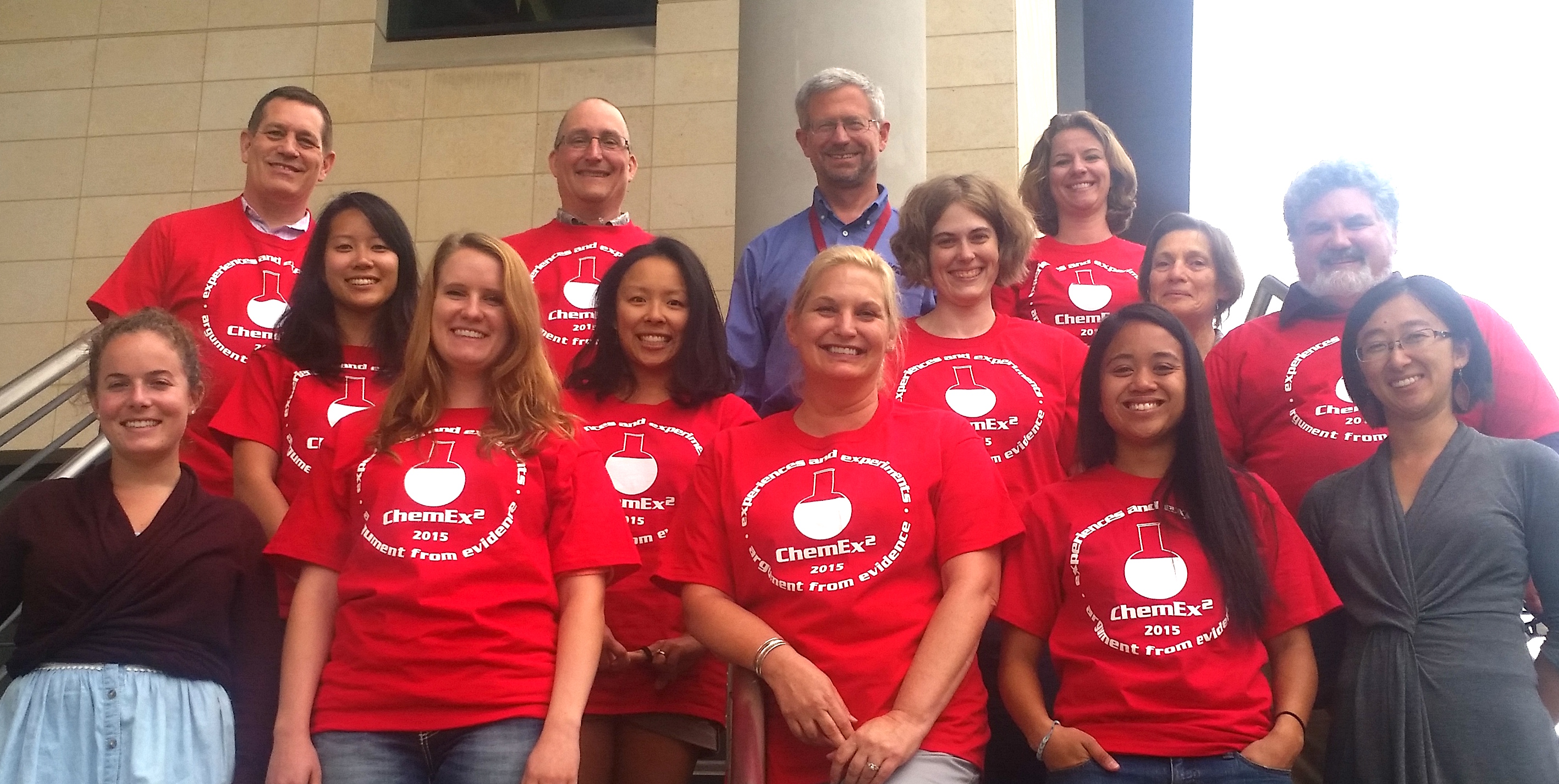
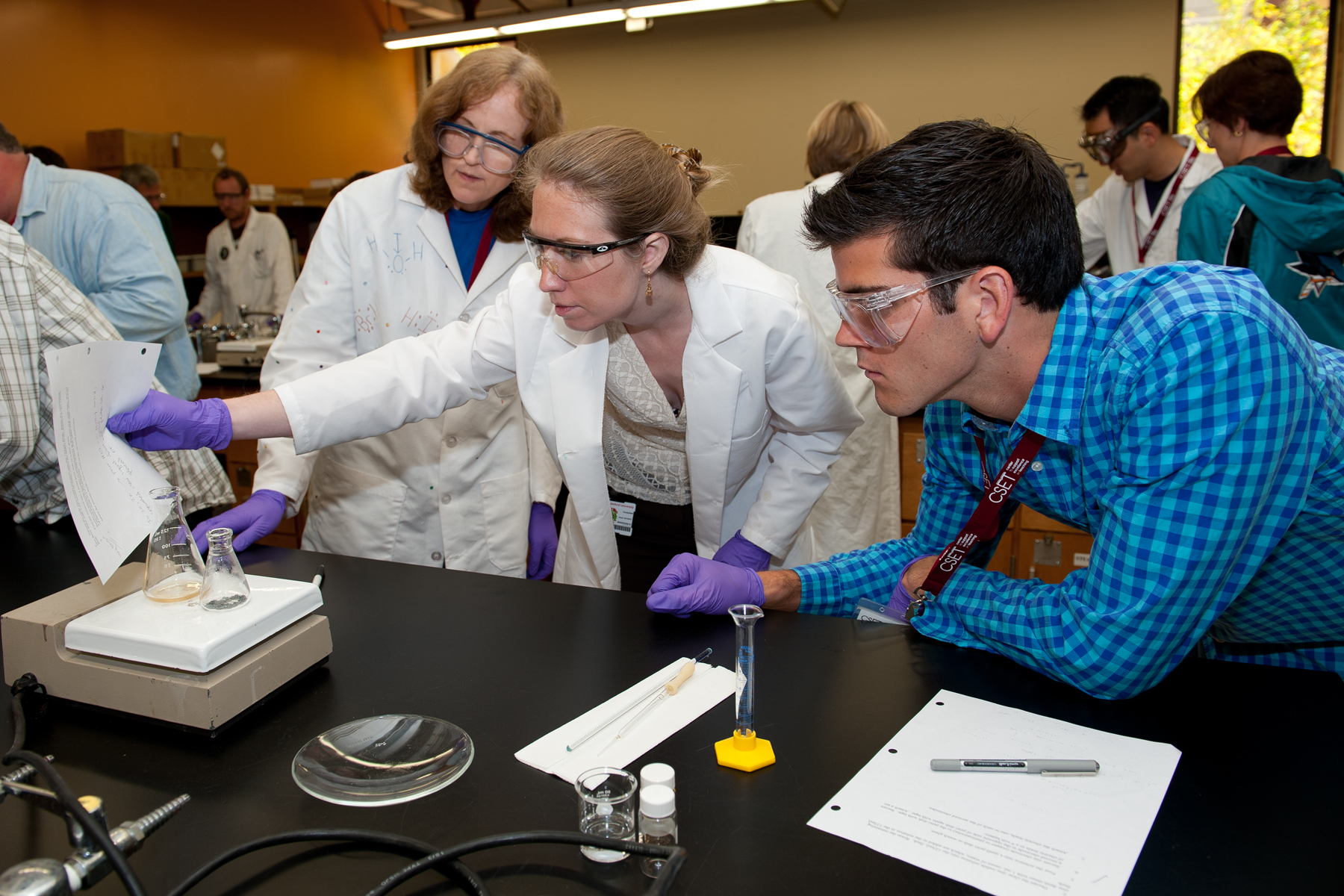
“The community built here will leave a lasting impression on me as a science educator. I’ve never felt I was part of some larger plan beyond our little one-high-school chemistry community. To be a part of a “true,” extended learning community is an experience I want to enjoy more in my area.”

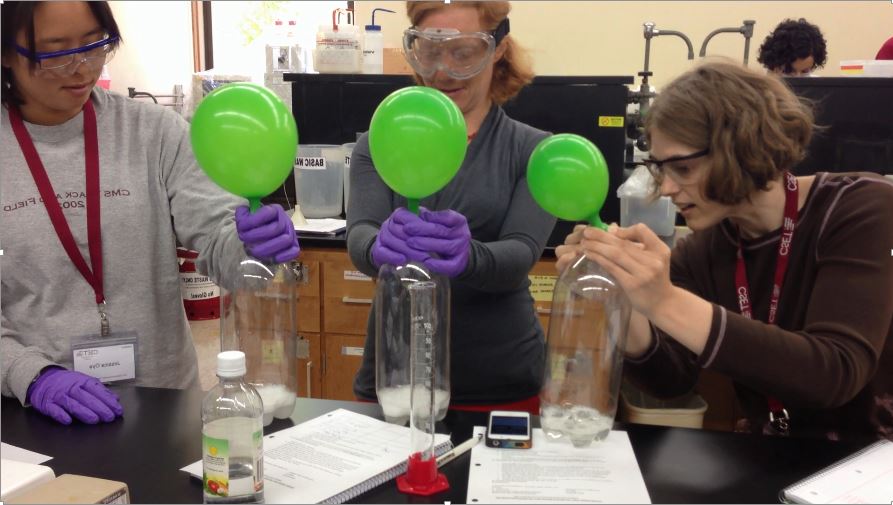
 "I developed most of my curriculum based on the phenomena that we experienced at ChemEx2. The principles of ChemEx2 have been helpful in providing me a framework to give students experiences that allow them to tease apart chemical concepts and arrive at deep understanding at the particle level.”
"I developed most of my curriculum based on the phenomena that we experienced at ChemEx2. The principles of ChemEx2 have been helpful in providing me a framework to give students experiences that allow them to tease apart chemical concepts and arrive at deep understanding at the particle level.”
“This program (ChemEx²) was the best use of professional development time I have ever experienced. The topics were extremely relevant, the time was used well, and the speakers and associated program colleagues were well selected. The idea of walking away with an Action Plan and knowing there are two follow up meetings makes this something I have to (and want to) implement immediately.”
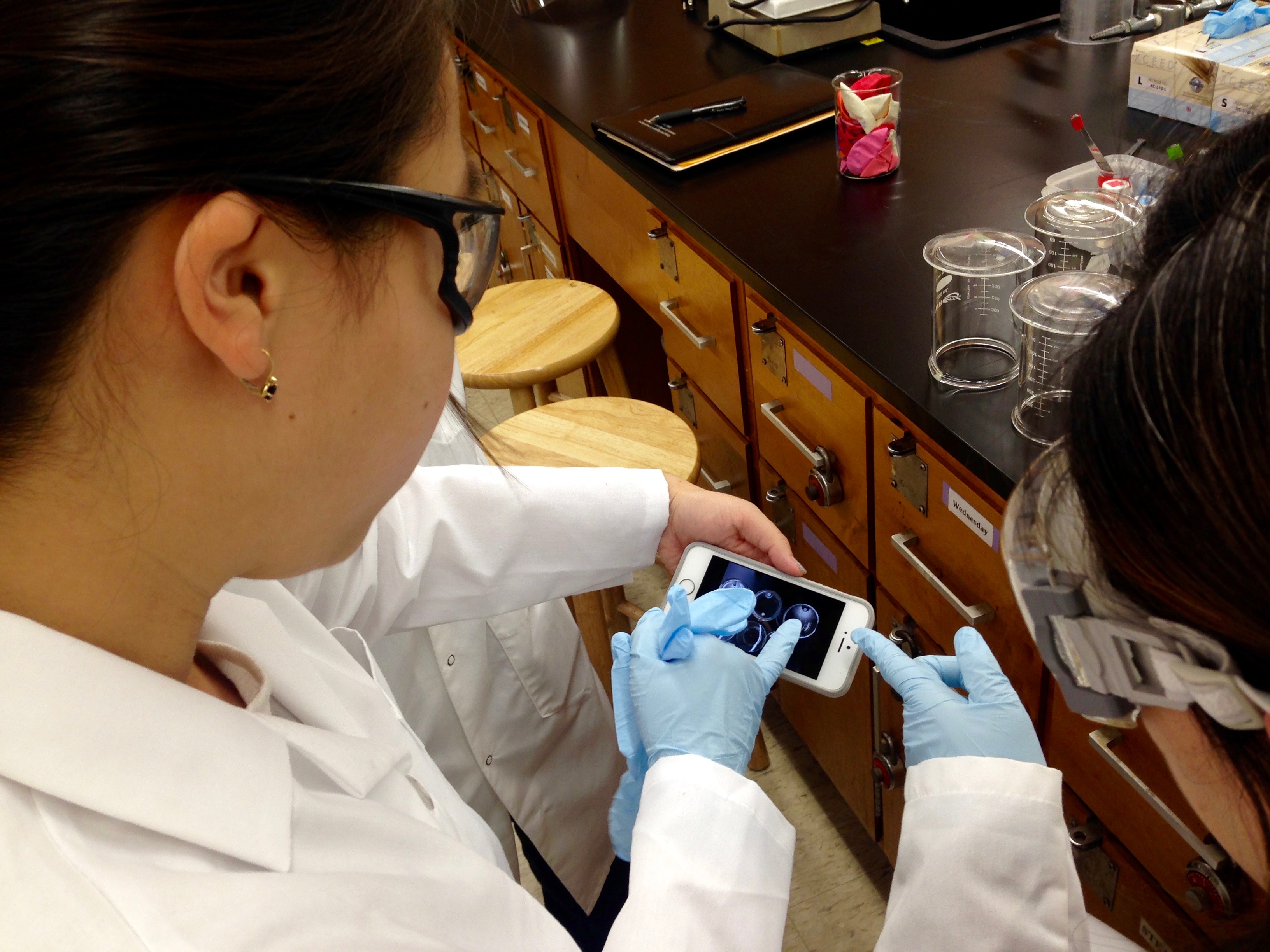
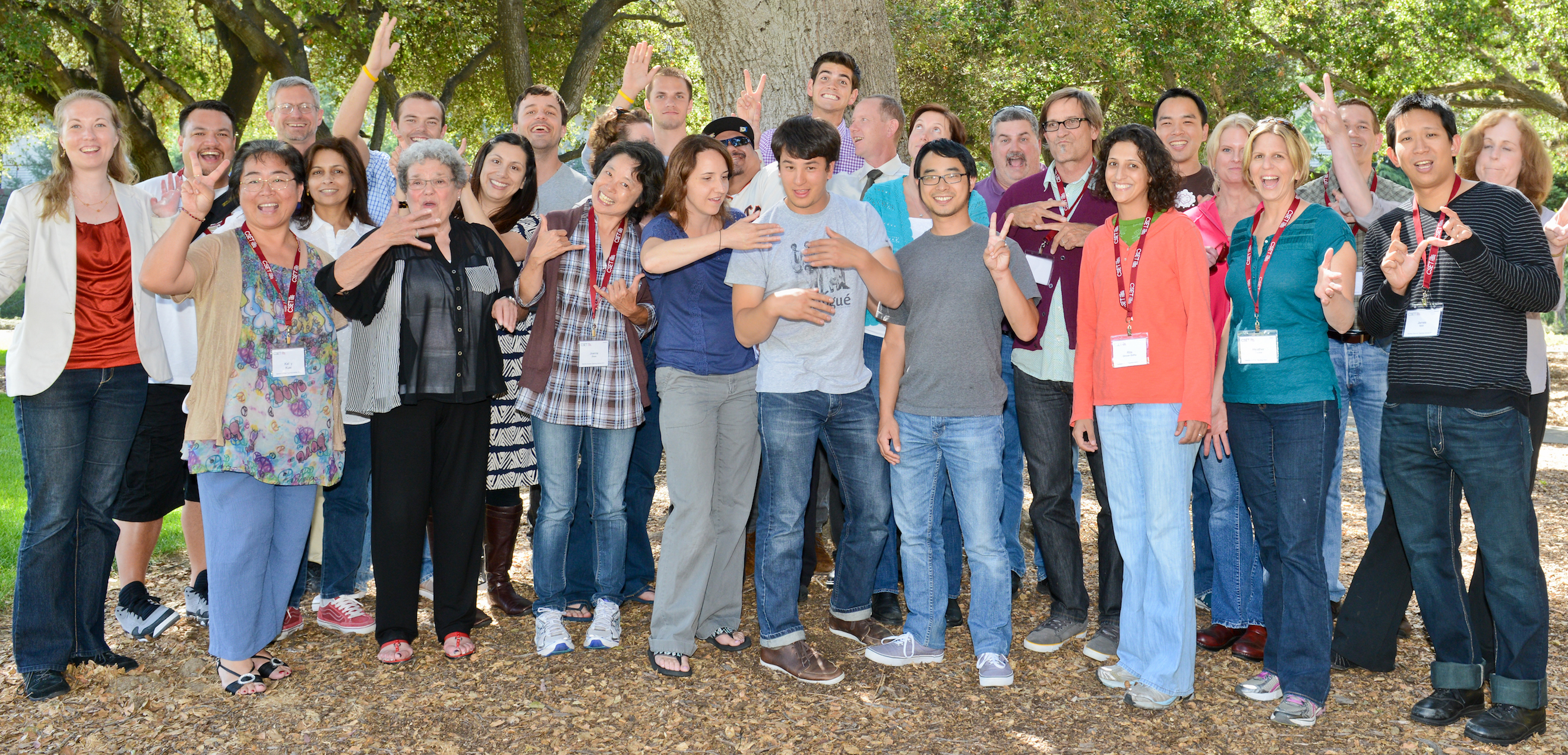
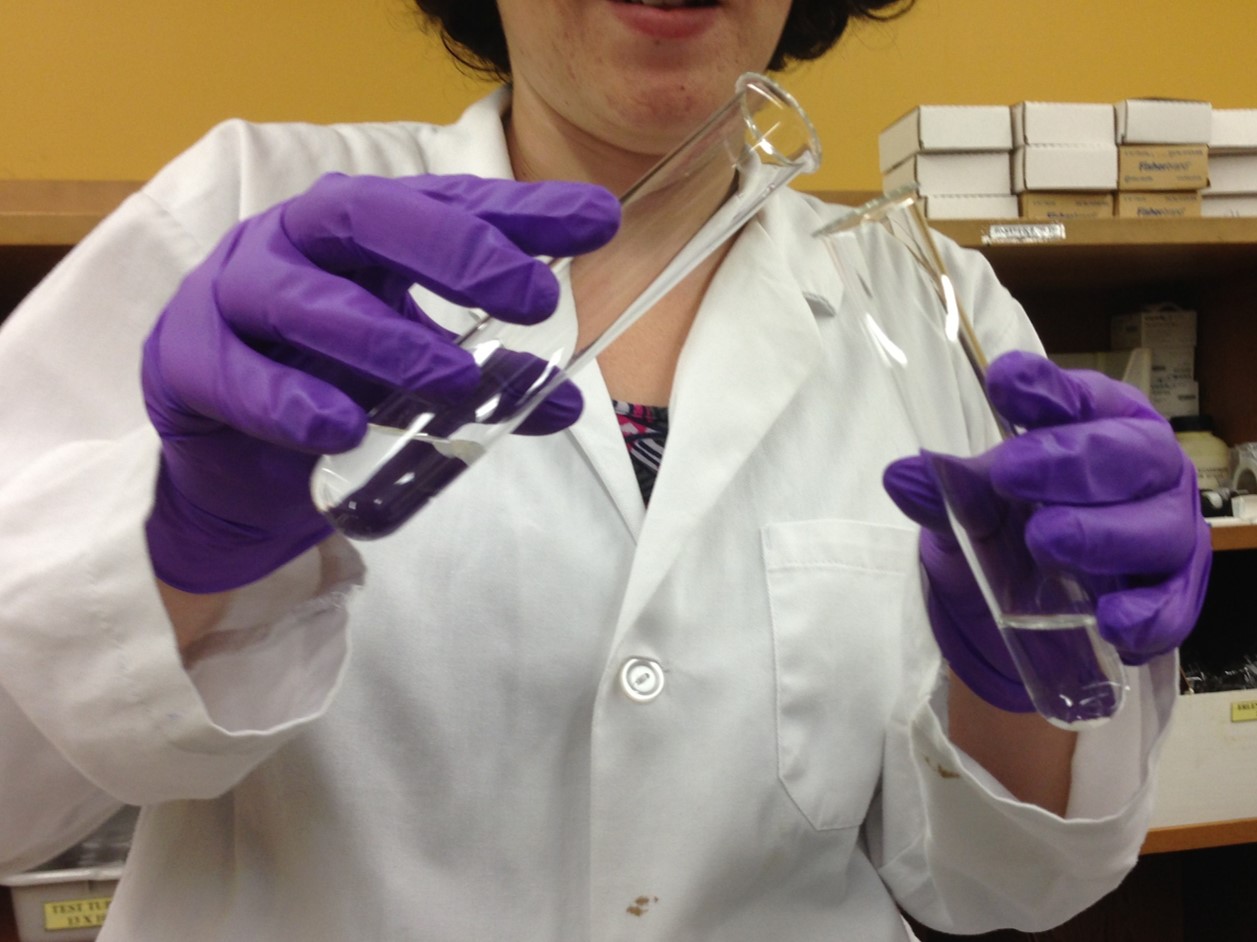 “ChemEx^2 was, by far, the best conference I have ever attended as a chemistry teacher. Teachers were put into the student role and were provided with actual activities and content that could be directly used in the classroom. It didn’t matter which level of chemistry one was teaching, general science to AP Chem, there was something that the student and teacher could learn from every phenomenon. It changed how I think about teaching science.”
“ChemEx^2 was, by far, the best conference I have ever attended as a chemistry teacher. Teachers were put into the student role and were provided with actual activities and content that could be directly used in the classroom. It didn’t matter which level of chemistry one was teaching, general science to AP Chem, there was something that the student and teacher could learn from every phenomenon. It changed how I think about teaching science.”
